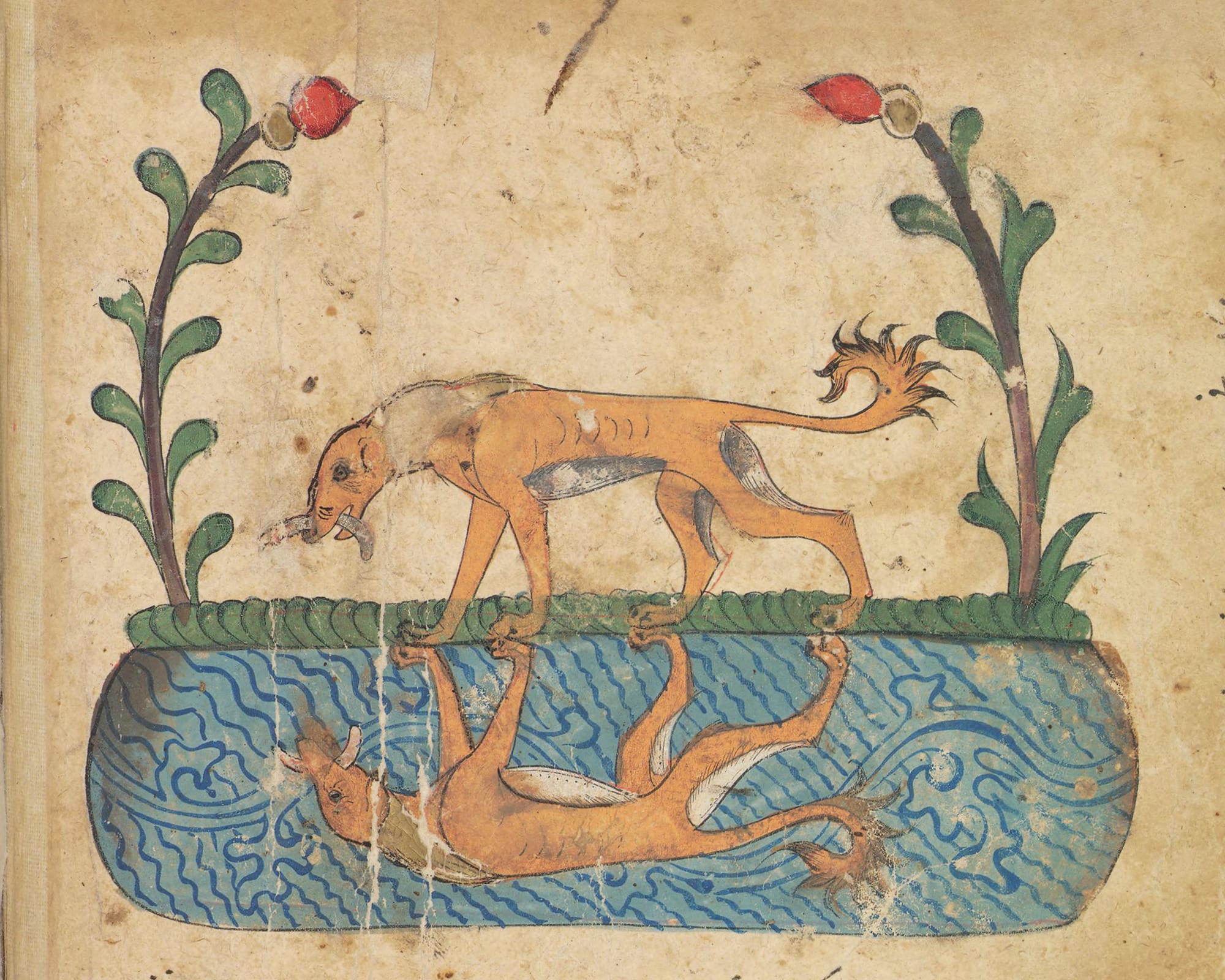Graham Linehan and online harassment: a timeline

Were you on twitter during Gamergate? God, what a time.
If you weren't extremely online circa 2015 (brag) let me explain (no, there is too much; let me sum up): in the latter half of 2014 a bunch of the internet's discontented men launched a massive targeted harassment campaign against essentially all women who worked in or talked about or briefly mentioned video games.
It grew out of the existing swamp of awful men online. Men who lacked the self-awareness to process or address their inability to meet their own emotional needs, and took it out on women. Red pill men. The manosphere. If you don't recognise those terms I refuse to be the one who explains them to you.
It's enough to note that there was a misogynistic, racist soup on the underbelly of the internet a little over a decade ago it spilled out into a putrid flood.
It started with the false claim that Zoë Quinn, am indie game developer, had slept with people in exchange for good reviews, and spiralled uncontrollably into a broad, impotent howl about women invading male pastimes – not just games, in the end, but popular modern SciFi in general. Women were ruining Star Wars, comic books, nerd conventions, the whole hog.
From deeply silly beginnings, the movement became horrifying in scope and intensity. It went for women (and any men who defended them) who worked in game design, in game and film criticism, even women who did nothing but tweet, viciously attacking them online. It started in the US but within weeks it was international.
